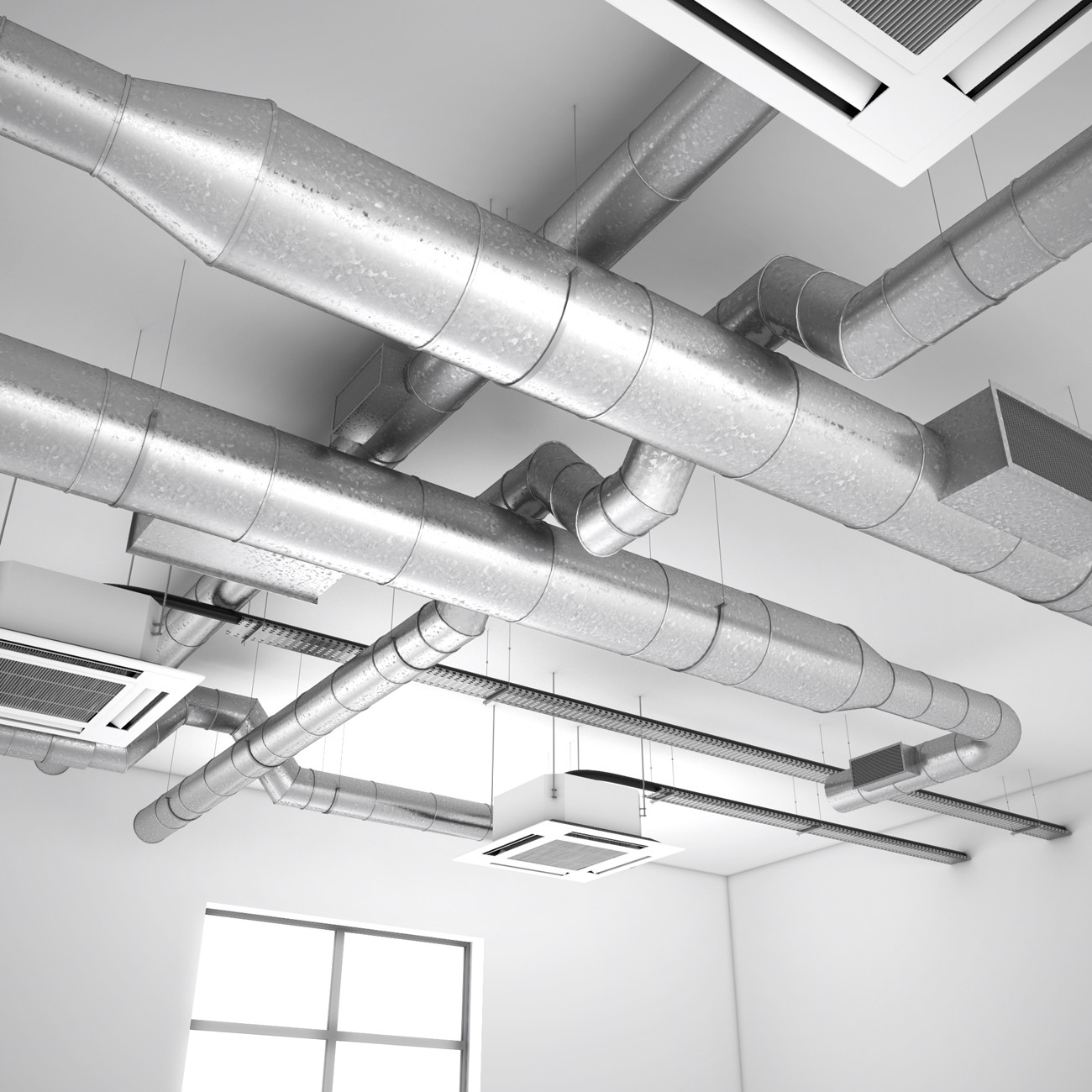Regarding creating a cozy living environment, grasping HVAC is essential. Whether you're a homeowner wanting to make improvements or someone interested in furthering your knowledge about heating and cooling systems, this guide will help you navigate the often confusing world of HVAC. From selecting the right system to knowing when to repair or swap out your existing setup, we will provide you with the information you need to budget properly for your HVAC needs.
Your HVAC system holds a significant role in your home’s overall efficiency and comfort, but many people are ignorant of the costs associated with installation, maintenance, and repairs. With this knowledge, you can make wise decisions that not just enhance your indoor comfort but also help you save on energy bills. We'll also examine common HVAC problems and provide solutions, tips for improving energy efficiency, and direction on maintaining good indoor air quality. By the end of this article, you'll be better equipped to comprehend the costs involved and how to make the most of your HVAC investment.
Comprehending HVAC
HVAC is an acronym for heating, venting, and air conditioning. It is a vital component of domestic and commercial buildings, providing comfort and maintaining air quality indoors. Such systems control thermal comfort and humidity while offering pure air through proper air filtering and air exchange. They are found in various types, each crafted to fulfill the specific climate control requirements of the space they support.
At its fundamental level, an HVAC unit consists of a furnace or thermal pump for warmth, an cooling system for cool air, and a network of air ducts or pipes that distribute air throughout the building. The system also includes a temperature control device for regulating temperature and air filters to filter out dust and pollutants from the air. Understanding how each component functions in unison is important for optimal operation and preservation.
The performance of an HVAC unit is greatly influenced by proper configuration and regular service. Residents and commercial entities must choose the appropriate system based on the scale and individual specifications of their space. Additionally, regular check-ups and maintenance help avoid common problems and guarantee the system operates at peak performance, ultimately reducing costs on energy costs and increasing the lifespan of the hardware.
HVAC Maintenance and Effectiveness
Consistent maintenance is essential for ensuring your HVAC system running efficiently. This includes activities such as changing air filters, washing coils, and monitoring refrigerant levels. Neglecting these maintenance tasks can result in decreased system efficiency, higher energy bills, and even unexpected breakdowns. Property owners should schedule professional inspections at least one time a year to ensure all components are functioning correctly and to identify any potential issues before they escalate.
Effectiveness is not just about routine maintenance; it also involves enhancing your HVAC system's performance. Think about using smart thermostats to adjust temperatures based on your routine, lowering energy consumption when you're not home. Insulating your home effectively and fixing any air leaks can significantly enhance efficiency by allowing your system to operate less while keeping comfort levels. air conditioner installation in your HVAC usage habits can lead to substantial savings over time.
Additionally, upgrading to energy-efficient models can provide both immediate and long-term benefits. Latest systems are designed with advanced technology that improves efficiency ratings, which translates to lower energy costs. If your system is more than a decade old, it may be time to evaluate your options. Putting money in an energy-efficient HVAC system not only supports reduce your environmental impact but can also increase your home's value and provide you with better indoor air quality.
Cutting-edge HVAC Technologies and Advancements
The HVAC sector is continuously evolving, with developments in tech leading to more optimized heating and cooling methods. One of the most exciting developments is the emergence of intelligent HVAC technologies. These systems can be managed from a distance through mobile apps, allowing homeowners to monitor and tweak their heating and cooling controls from anywhere. This not only enhances convenience but also contributes to power savings by allowing users to fine-tune their system based on live data and usage trends.

Another significant innovation is the melding of sustainable energy sources within HVAC technologies. Solar-powered HVAC systems, for example, utilize sunlight to reduce dependence on traditional energy suppliers, resulting in lower energy bills and a diminished carbon footprint. Additionally, geothermal heating and cooling technologies are becoming popular for their performance and green benefits. By capitalizing on the earth’s stable subterranean temperature, these systems can ensure ideal indoor conditions while consuming less electricity than standard systems.
As HVAC innovations continue to progress, indoor air quality is a top concern for homeowners and companies alike. Modern technologies are now equipped with cutting-edge filtration and ventilation systems that significantly improve indoor air quality. The best air filters and intelligent sensors identify and respond to airborne toxins and allergens, providing fresher air while promoting enhanced health and comfort. These advancements not only make HVAC systems more efficient but also elevate the overall residential and professional environment.
